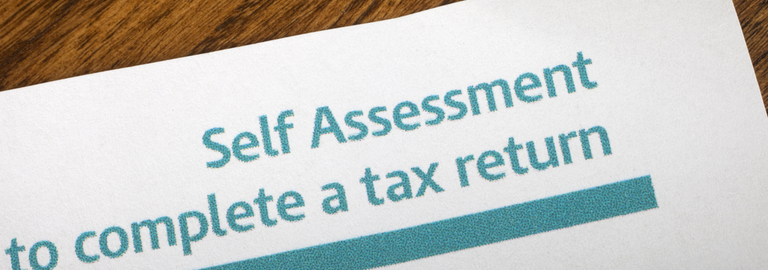HMRC updates self-assessment deferral to include all self-assessment taxpayers
HMRC has updated its guidance on the July payments on account deferral to include all self-assessment taxpayers, not just the self-employed
HMRC has updated its guidance on the July payments on account deferral to include all self-assessment taxpayers, not just the self-employed

HMRC “quietly” rephrased its guidance on the self-assessment July deferral to include all self-assessment taxpayers to help individuals whose livelihoods have been upended by the Coronavirus crisis.
Haysmacintyre partner Katharine Arthur noticed the change and believes HMRC have done it on the grounds of simplicity, but it is nonetheless a major change of tack.
“It’s quite a significant change for lots and lots of self-assessment taxpayers,” Arthur says. “It gives them a bit more leeway in paying their tax liabilities,” she adds.
Arthur warned that while this was good news in the short-term, it is only a deferral not a cancellation, meaning that many may encounter problems later in the year.
“It’s kicking the can down the road. And that’s very much our message to clients – this is good news that it’s been deferred, but the tax liability isn’t being cancelled.
“If we can defer some things cancel some other liabilities actually make sure that people can keep going in the short term. Then is this the end of the story? I’m pretty sure it’s not and I think there will need to be other measures or other deferrals or other sort of leniencies going forward as well, until the economy’s back up and running in some sense.”
Arthur believes that even if the pandemic was over in the UK by June or July, businesses would have to exercise caution, particularly as in three or four months’ time businesses may find themselves with a tripled tax burden.
“The immediate priority is to keep some form of economy going to keep making sure people can, feed their families and all those kind of extreme things. I think it’s true though, that even if we can get everything back up and running by June or July – that would be absolutely fantastic. But a lot of these things are deferrals. It’s not cancelling out outright liabilities. So even then, people still need to plan for paying these tax liabilities down the track,” Arthur says.
Arthur is concerned that the end of the month could be an extremely dangerous time for businesses, particularly for those forced to close by the government, as they may not have the cash to pay staff adding that access to funding solutions is not quick enough.
“People will be trying to pay payrolls in the next few days, but the system isn’t up and running and that’s a real challenge for clients.”
The haysmacintyre partner also refuses to rule out the possibility of mass redundancies over the next week.
“I think there’s a real risk,” Arthur says. “For those businesses that at some point in the last two weeks have literally had to close the doors – restaurants and entertainment, all those sorts of things where they have just had to had to stop.
Depending on how good their cash flow position was before all this happened, if they were relying on takings in-month to pay the salary bill, then they’ve got some pretty tough choices ahead in the next few days.”